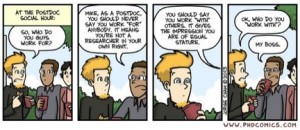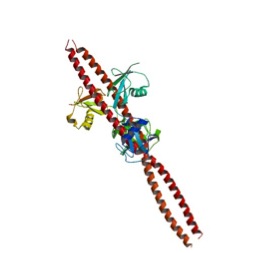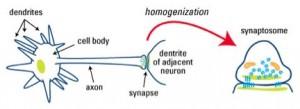By Juliane
I started looking at the postdoc guide book, and I am surprised how much information there is for postdocs, we just have to find it. It is also slightly out of date, being compiled at published in 2011. It hasn’t been updated since then.
We got settled and are now equipped to deal with BUMC campus life, the next section is about how to get away. Transport and Safety.
The beginning is copied from transcomm again and suffers from the usual update problem. It also should mention that parking at BUMC is really expensive and should be avoided whenever possible. The cheapest parking garage is 165 dollars per month and hourly parking is ridiculously expensive, unless you are really lucky and find a spot in the free parking areas.
Since parking should be avoided we have the BU shuttle busses. There was a surprise to me, because I wasn’t aware of the evening shuttle, the VA-BMC shuttle or the healthnet shuttle. Those are cool and useful.
Next are nice and basically correct information about the MBTA, even mentioning the fact that BU staff can get monthly tickets through BU, which lowers your taxable income and somehow makes it cheaper that way.
Then we are reading about driving. I don’t have a car so I can’t really comment on anything here. Only it is really useful to have a US license, since it works as an ID and you don’t have to carry your passport into bars or clubs.
There are also some safety and emergency numbers that should also be posted in everybody’s lab and office. Just remember to dial a 9 for an outside line before calling 911.
Actually this chapter wasn’t too bad, regarding the out-of date information and actually quite helpful for people who are new to Boston.





